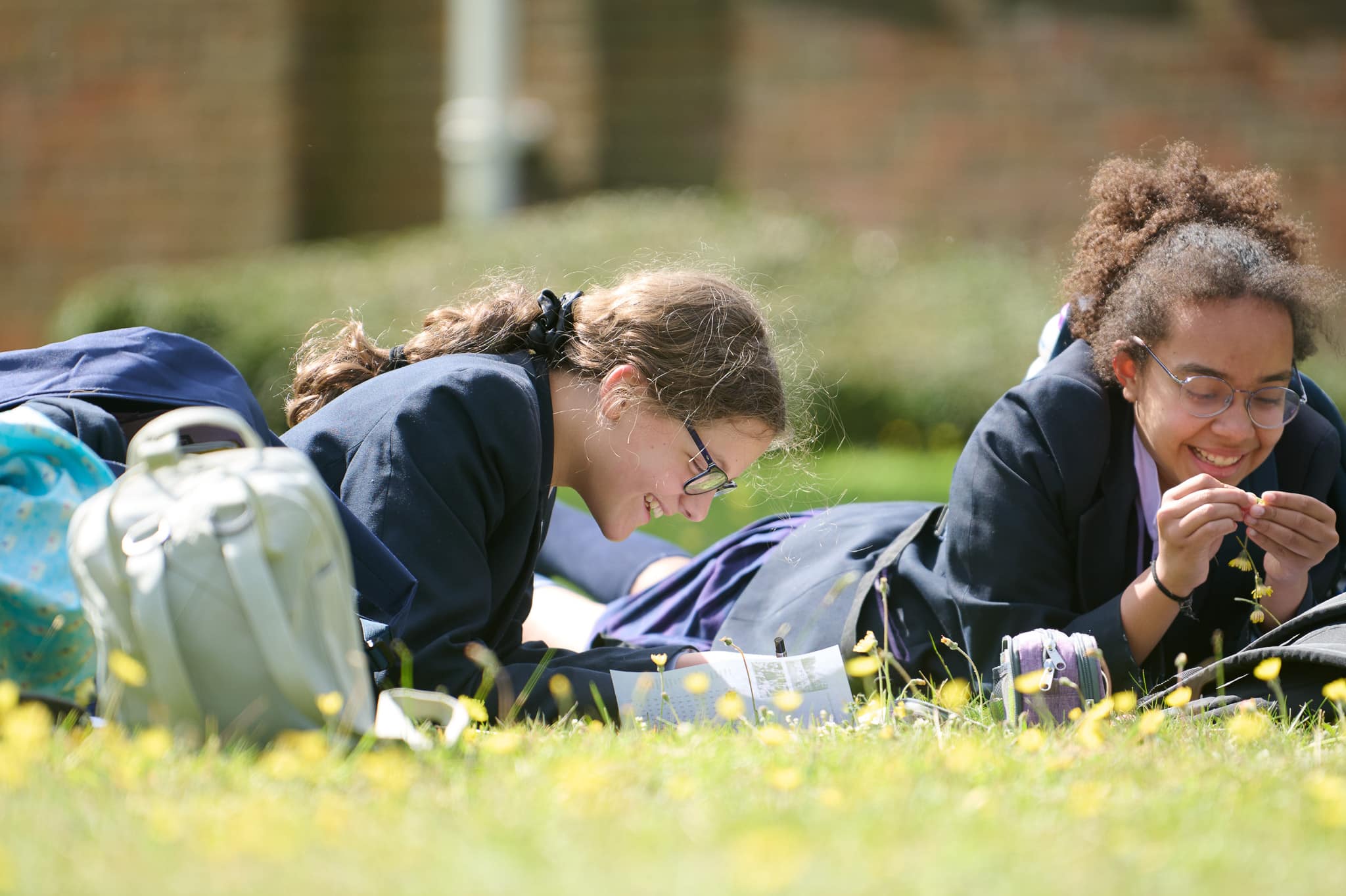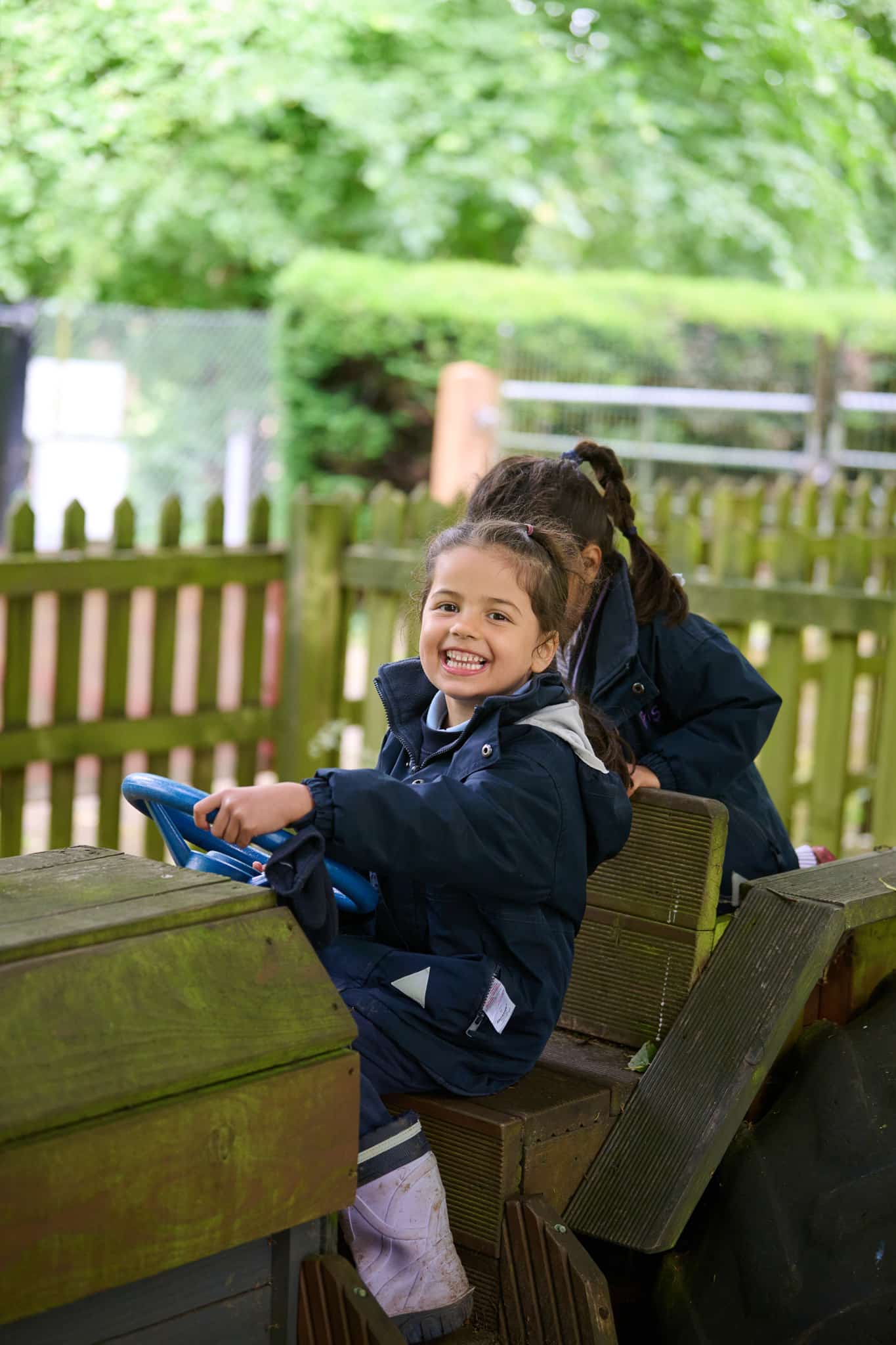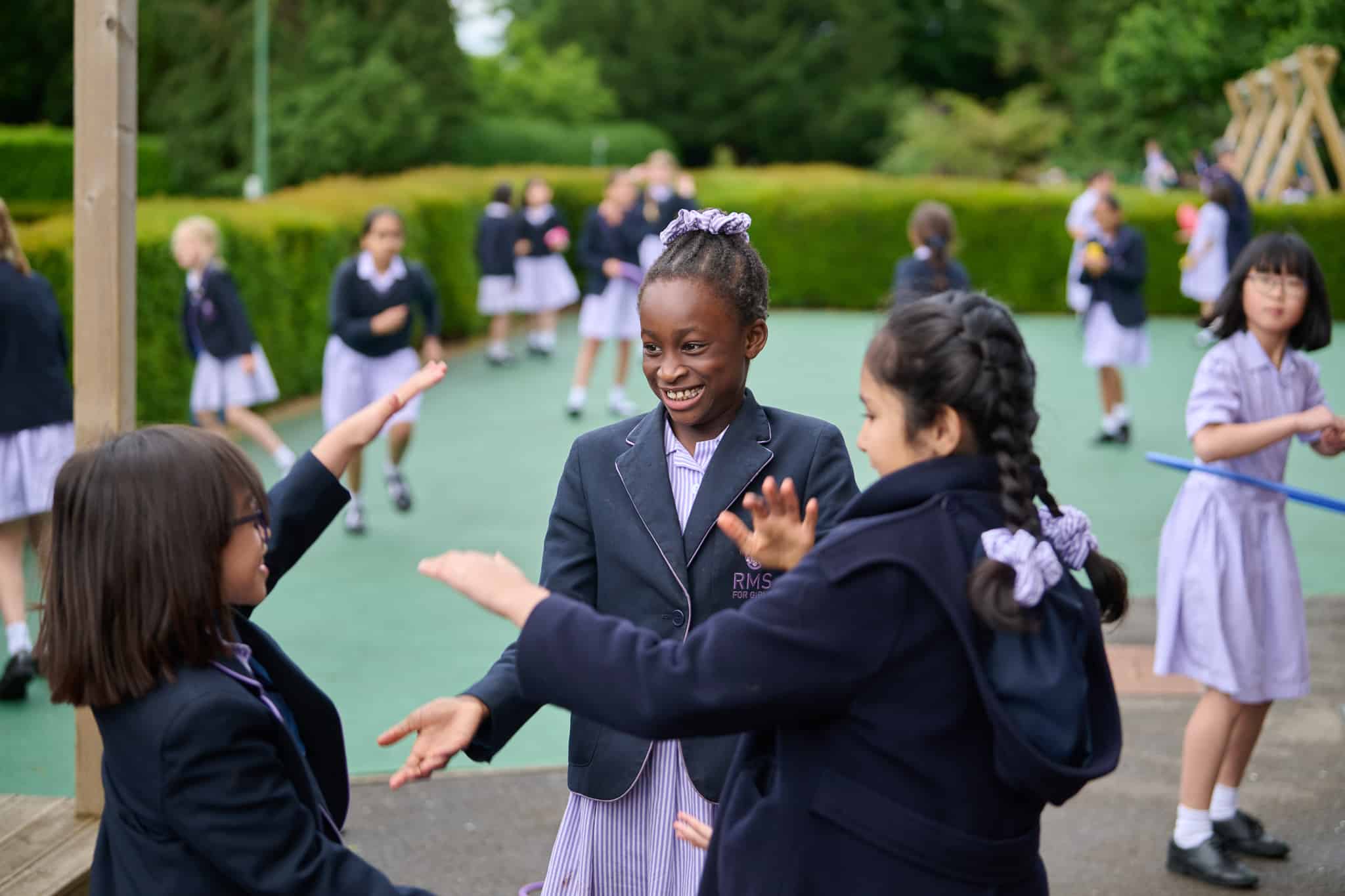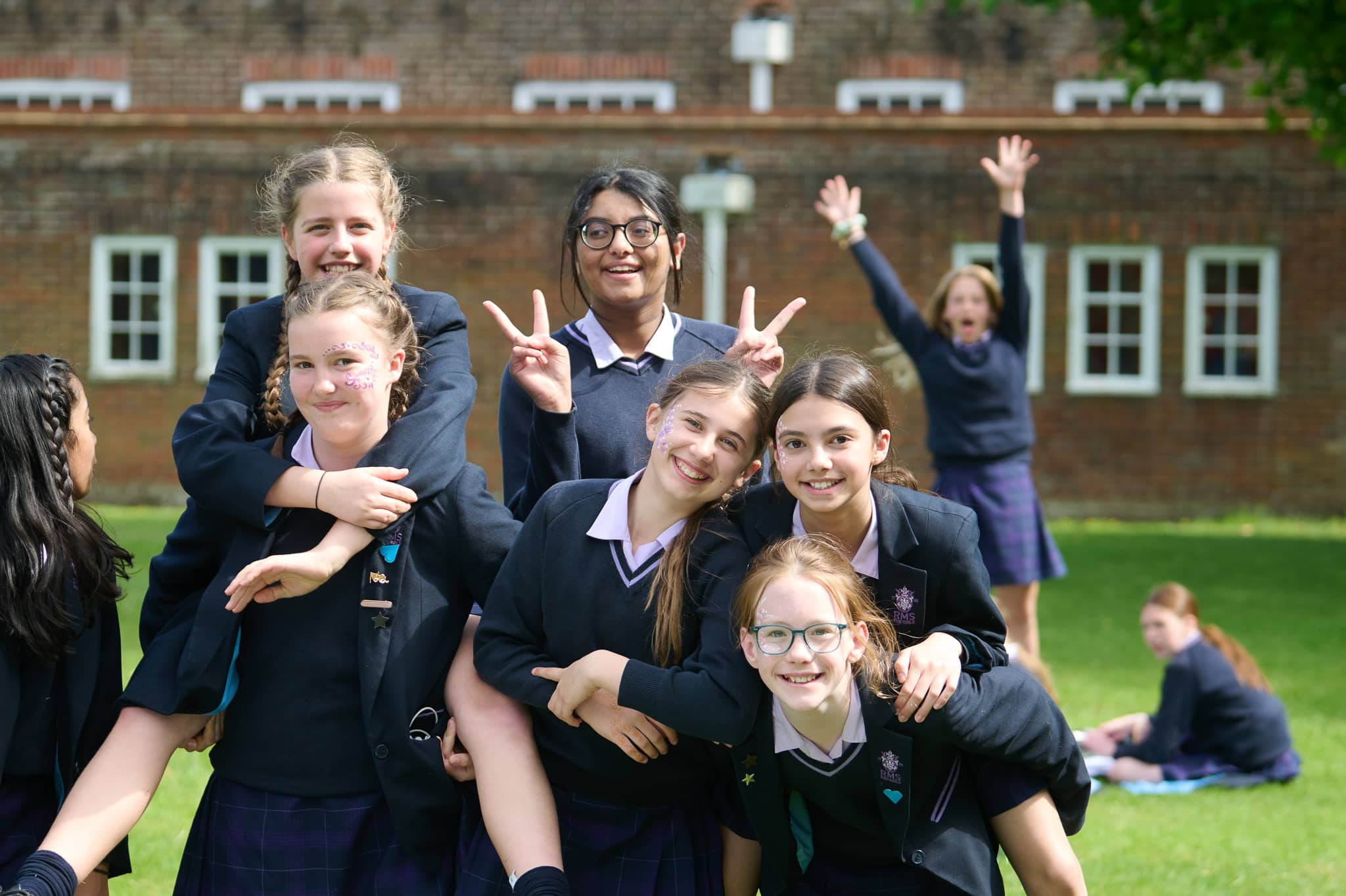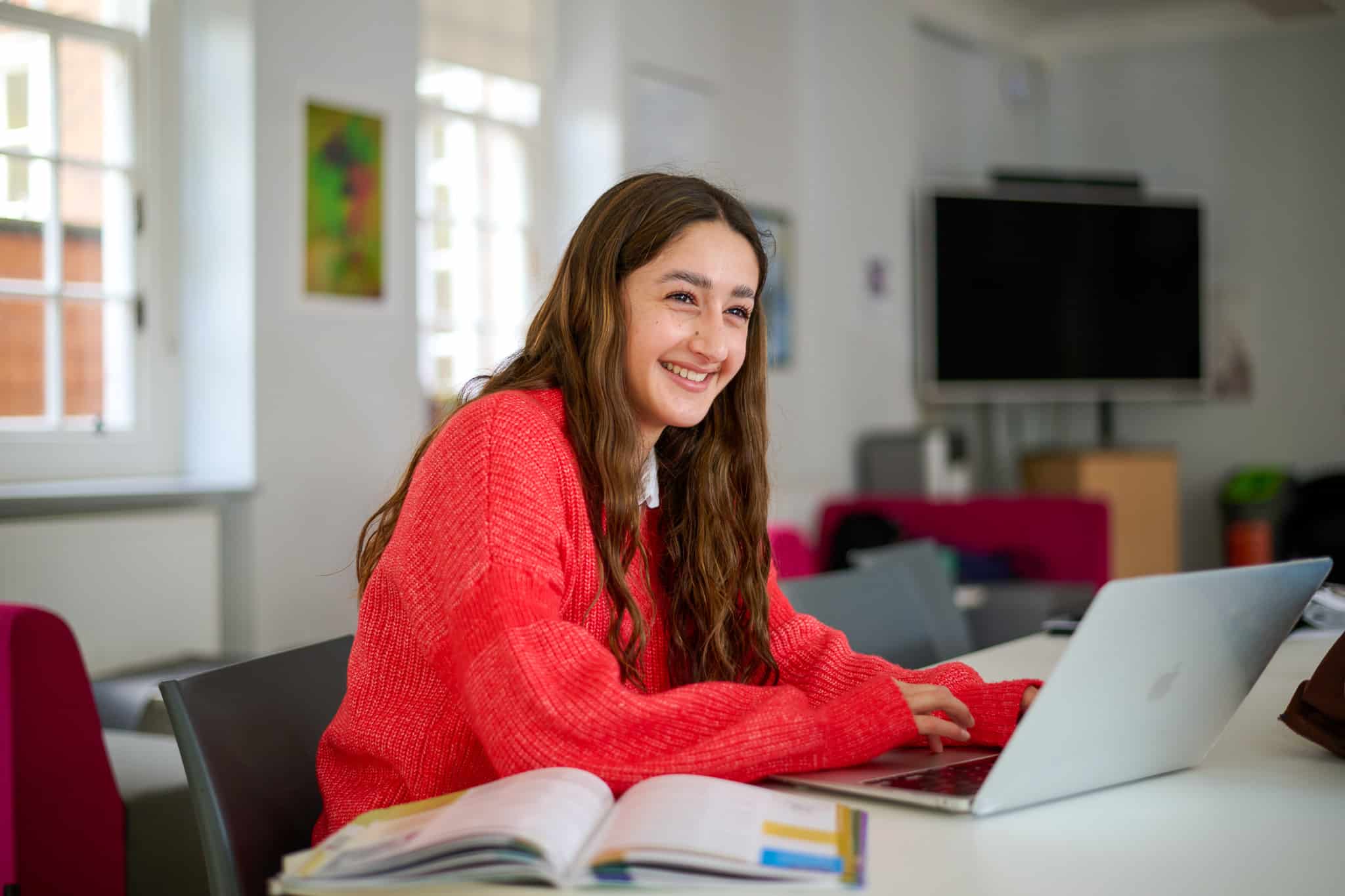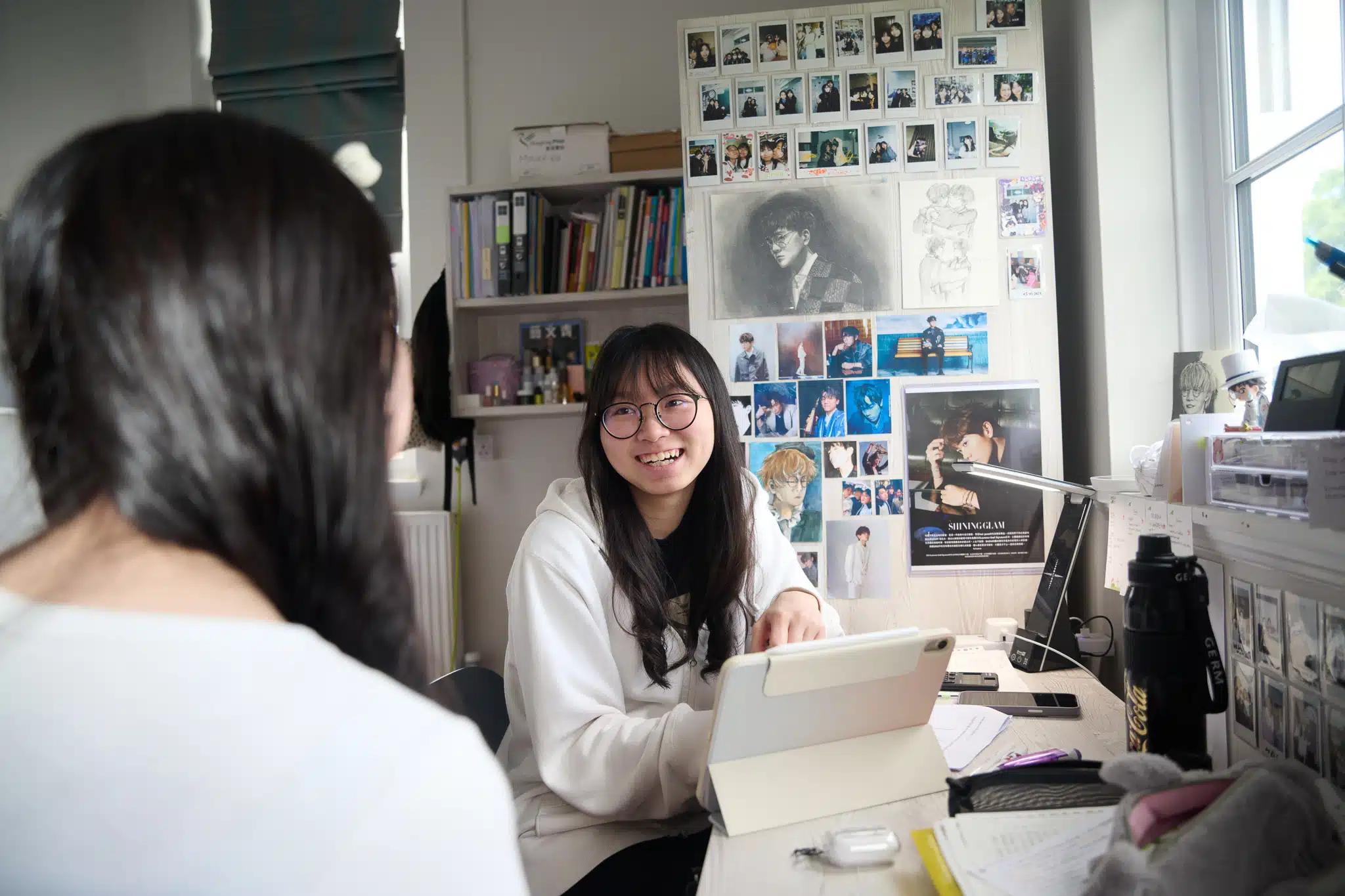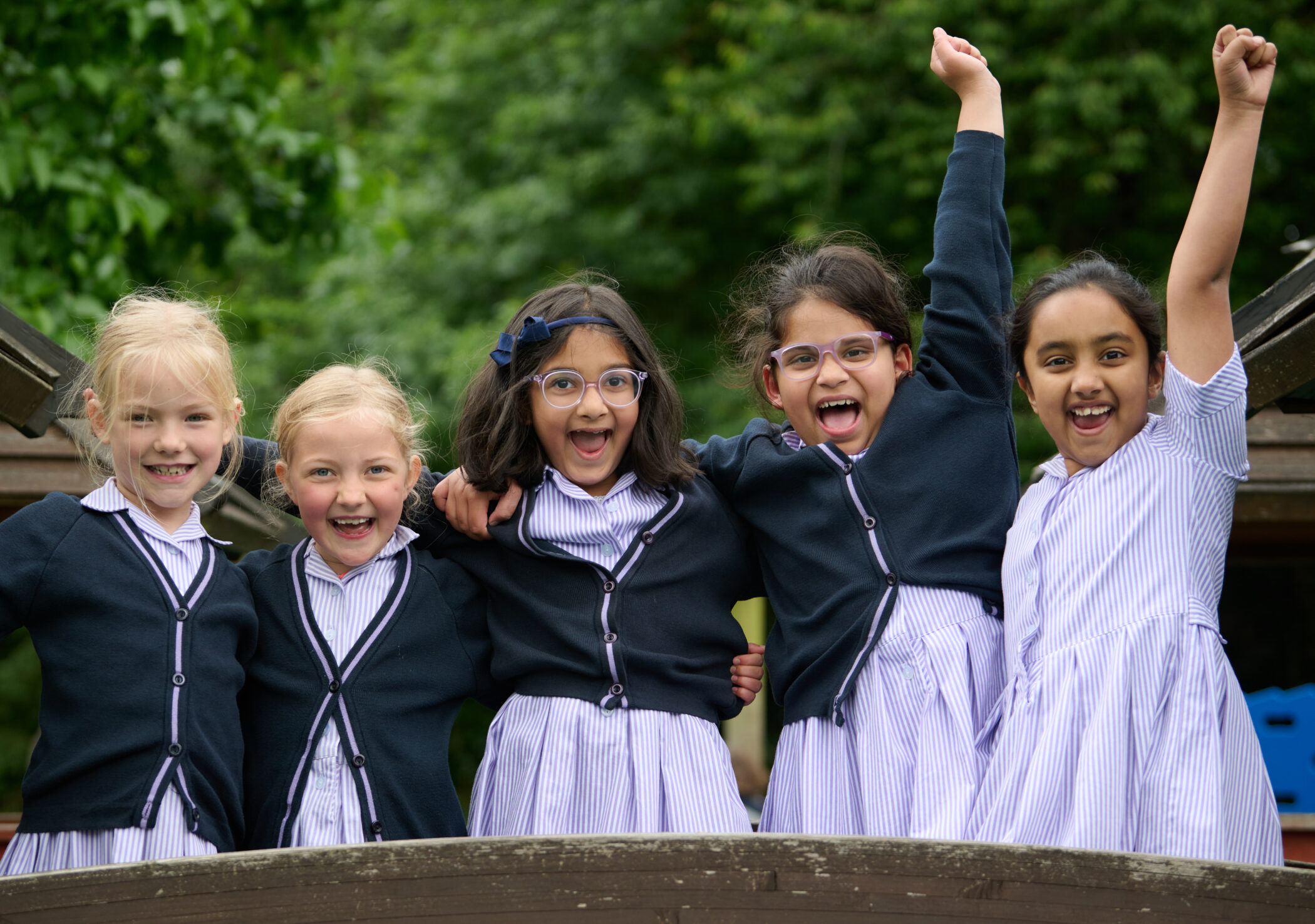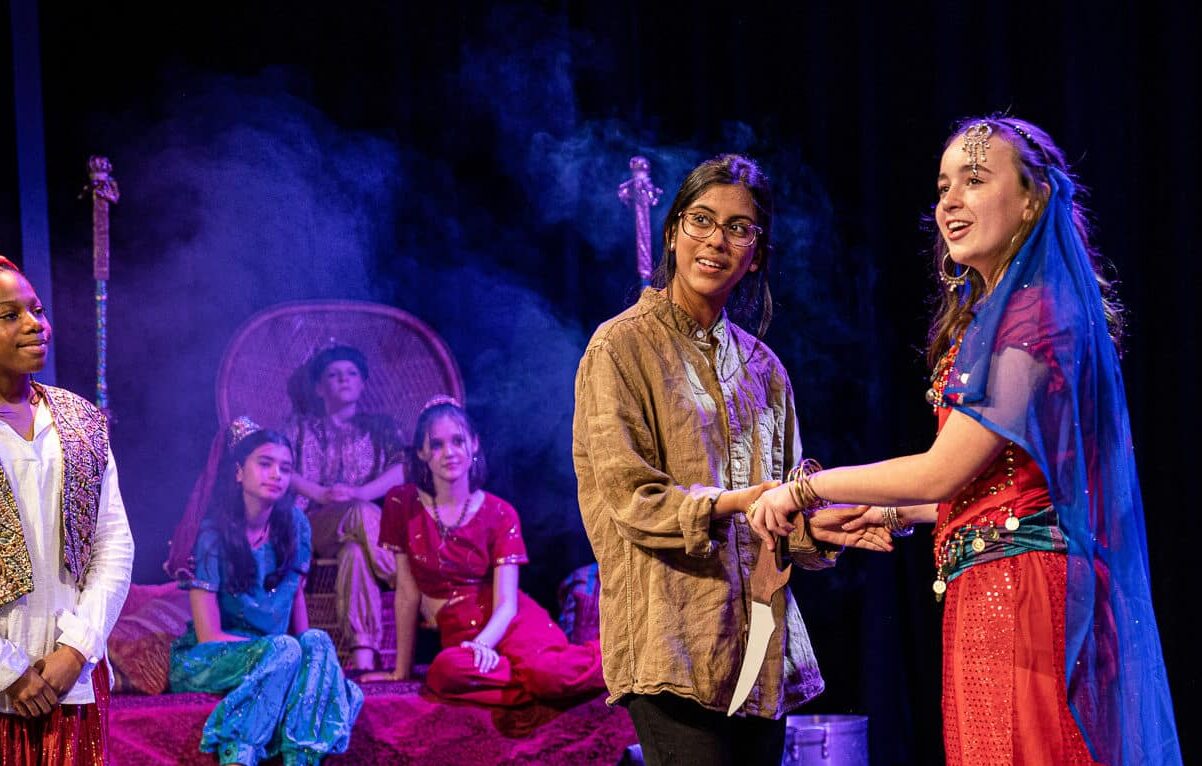We recently caught up with Ksenija, Class of 2021, who is working with her colleagues at the Cambridge University Space Flight team on an incredibly exciting and pioneering project – to become Europe’s first amateur rocketry group in Europe to send a rocket into space.
When did you leave RMS, what did you go on to study and where?
I left RMS in 2021 and went on to study Engineering at the University of Cambridge. Although my degree has been general for the past two years, I will be specialising in Aerospace, Mechanical, and Energy and Sustainability Engineering from next year.
What has been your favourite thing about both studying your course and being at university?
I love that I finally have a chance to explore the subjects I’m most curious about in depth
My favourite parts of the course are the subjects tightly linked to the specialisation I’m about to choose, specifically Thermodynamics and Mechanics.
I’m enjoying my course and I’m extremely grateful to have an opportunity to learn from world-renowned scientists and engineers.
Can you tell us more about the Cambridge Spaceflight Society and how you got involved?
As soon as I joined the University, I sought out a rocketry group and came across Cambridge University Space Flight. It is an entirely student-led club, mostly comprised of Engineering undergrads, with some physicists and computer scientists as well.
As a fresher, I originally worked on simpler tasks, but as I gained more experience, both through the course and the society, I got a chance to work on more serious problems as part of bigger teams.
Can you tell us more about the society’s attempt to be Europe’s first amateur rocketry group in Europe to send a rocket into space?
The ‘border’ of space is defined as 100km above the Earth’s surface, and it’s called the Von Karman line. We are currently working on a rocket called Griffin I which is being designed to fly up to 150km, and the plan is to have the launch in the second half of 2024.
Photo: Cambridge Spaceflight team members working on their pioneering rocket project. Photo credits: University of Cambridge
Can you tell us more about your role in the project?
Over my time at Space Flight, I have worked as part of different teams. I was originally part of the freshers group which designed the engine test stand, after which I worked within the Recovery team of a smaller rocket, Acquila.
I am currently working as part of the Propulsion team and my current role encompasses designing the main engine of the rocket, specifically manifolds that are used for propellant intake.
What excites you the most about being a part of this project?
Space Flight is an amazing opportunity to do hands-on projects and get a first-hand experience of what working in the space industry is like.
I absolutely love meeting with the rest of my sub-team and spending hours sketching and discussing possible designs. It’s very rewarding when you come up with a very simple solution in the end, but you know how much work and brainstorming took place behind the scenes. That’s what engineering is all about and it really gives us a sense of real work.
Photo credit: University of Cambridge
Can you tell us about how your time at RMS has prepared you both for further studies at university and, more specifically, being involved in a project like this?
RMS has given me a solid STEM base through my four A-Levels: Maths, Further Maths, Physics and Computer Science. Being an international student, I came to RMS used to a very different educational system, but the teachers helped me adjust quickly to a new way of learning.
RMS teachers always encouraged us to be curious, ask questions and take part in various projects and competitions
Perhaps the most useful experience for my future involvement with Space Flights was the CanSat project, which our physics teachers convinced a few of us to take part in.
This is a group competition organised by ESA in building a satellite of the size and shape of a coke-can. Our team eventually reached the finals and was selected as one of the top 10 UK teams. Sadly, due to Covid, the finals never took place, but it was a very valuable experience, nonetheless.
What would you say to our current students who are considering life after school about finding the right place to study and thrive?
One of the biggest uncertainties I was facing before going into university was the choice of degree. I have always been good at Maths and Physics, and I knew I wanted to do something related, but I wasn’t quite sure what.
A conversation with the Careers team in school helped me greatly. “If you could have any job in the world right now, what would it be?”, they asked me. “Do something that will take you there”.
For someone with an obsession with rockets, space and NASA, aerospace engineering was the path to take.
To all the students thinking about university choices, don’t be afraid to ask for help, as there are many wonderful people around the school waiting to help
Read more about this fantastic project via the University of Cambridge website.



